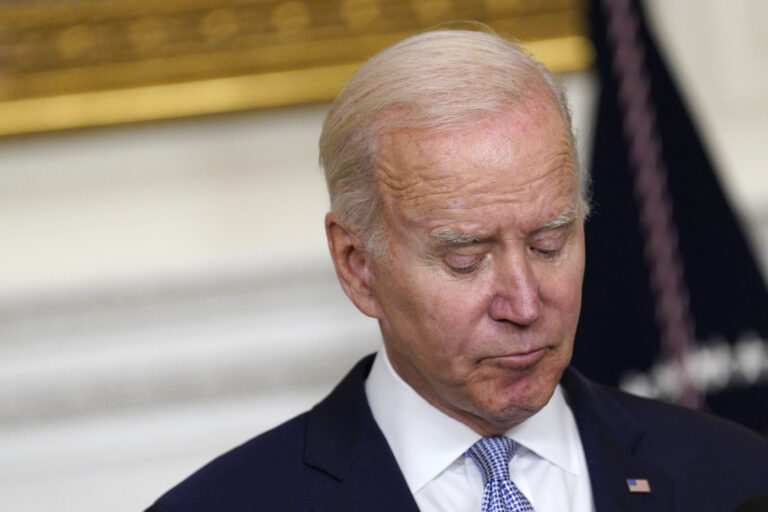
Billionaire U.S. investor Carl Icahn recently compared the inflation problems facing the U.S. to the conditions the Roman Empire faced as it collapsed.
Icahn — who serves as the chairman of eponymous Icahn Enterprises and has an estimated net worth of $23 billion — told Market Watch on Wednesday that “the worst is yet to come” for the U.S. economy.
“Inflation is a terrible thing,” Icahn said. “You can’t cure it.”
According to Market Watch, Icahn noted that inflation contributed to the collapse of the Roman Empire.
The exact extent to which the Roman Empire inflated its currency has been a topic of debate by economists and historians for years. Several Roman emperors debased their currency by lowering the actual purity of the silver in their coinage. Some historians believe Rome reached an inflation rate of 15,000 percent by the third century.
Icahn’s dire forecast comes as the U.S. inflation rate hit a 40-year high of 9.1 percent in June.
The U.S. also saw two consecutive quarters of shrinkage in the gross domestic product (GDP). Two consecutive quarters of negative GDP are often seen as criteria for a recession, though the U.S. National Bureau of Economic Research — which is responsible for tracking business cycles and declaring recessions — has not done so at this time.
U.S. has not yet reached the level of inflation that historians believe preceded Rome’s collapse, but many Americans are feeling its impact, including U.S. troops.
Last month, the U.S. Army issued guidance advising troops and their families can sign up for food stamps if they are struggling financially due to inflation.
It is not clear that the U.S. will collapse as definitively as the Roman Empire did, but there is an open question of whether another country, like China, will surpass the U.S. as the dominant global power. While China has seen its economy slow in 2022 with lingering effects from its COVID lockdowns, the country’s GDP did continue to grow while America’s shrank.
China’s GDP continued to grow in 2022, though Financial Times reported on Tuesday that the World Bank revised its forecast for China’s economy down to only 2.8 percent GDP growth for the year. The forecast will mark the first time China’s GDP growth has lagged behind the rest of Asia since 1990. Financial Times attributed China’s economic struggles to its strict zero COVID lockdown policies.
Past global powers, like the United Kingdom, have continued to function even after seeing a decline in their global influence.
0 comments :
Post a Comment